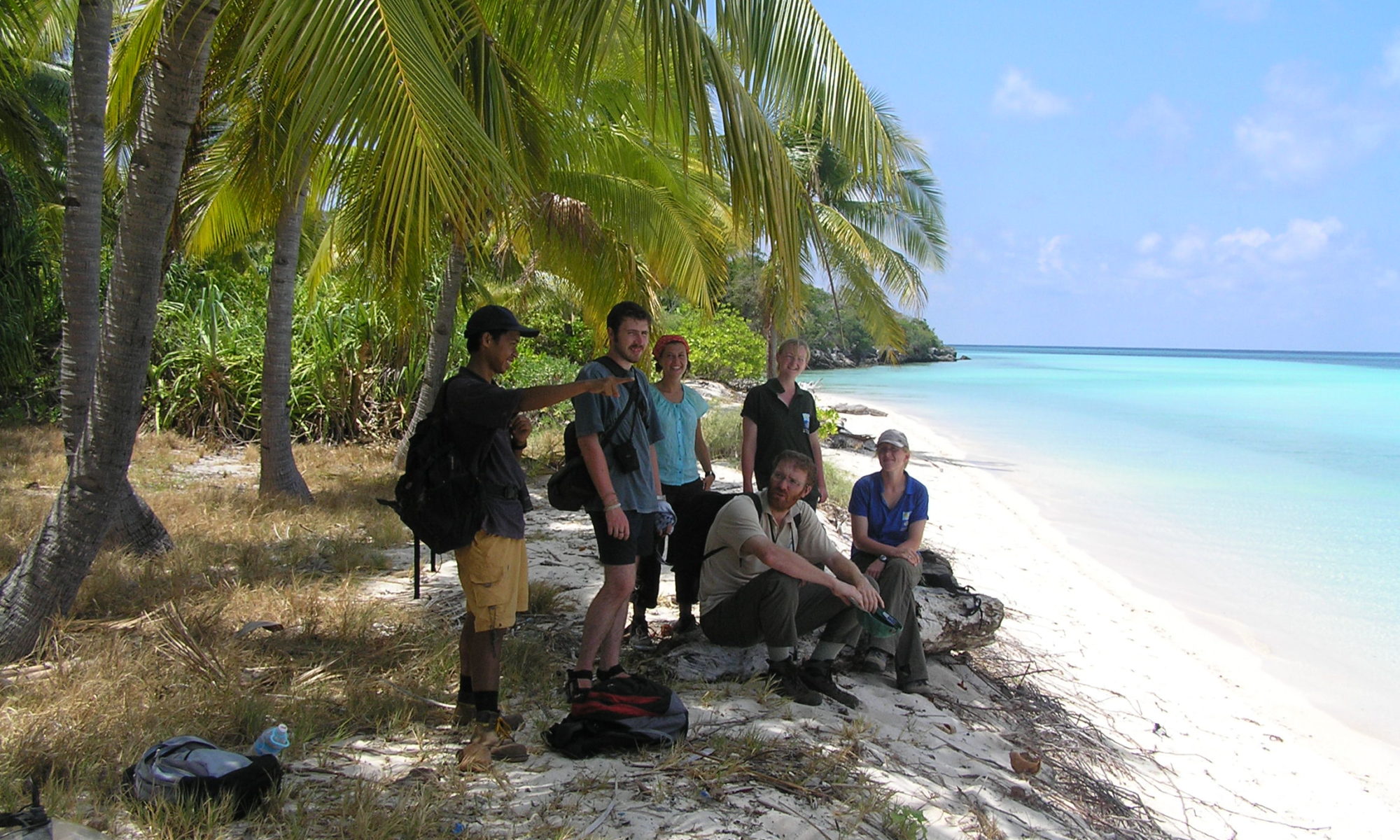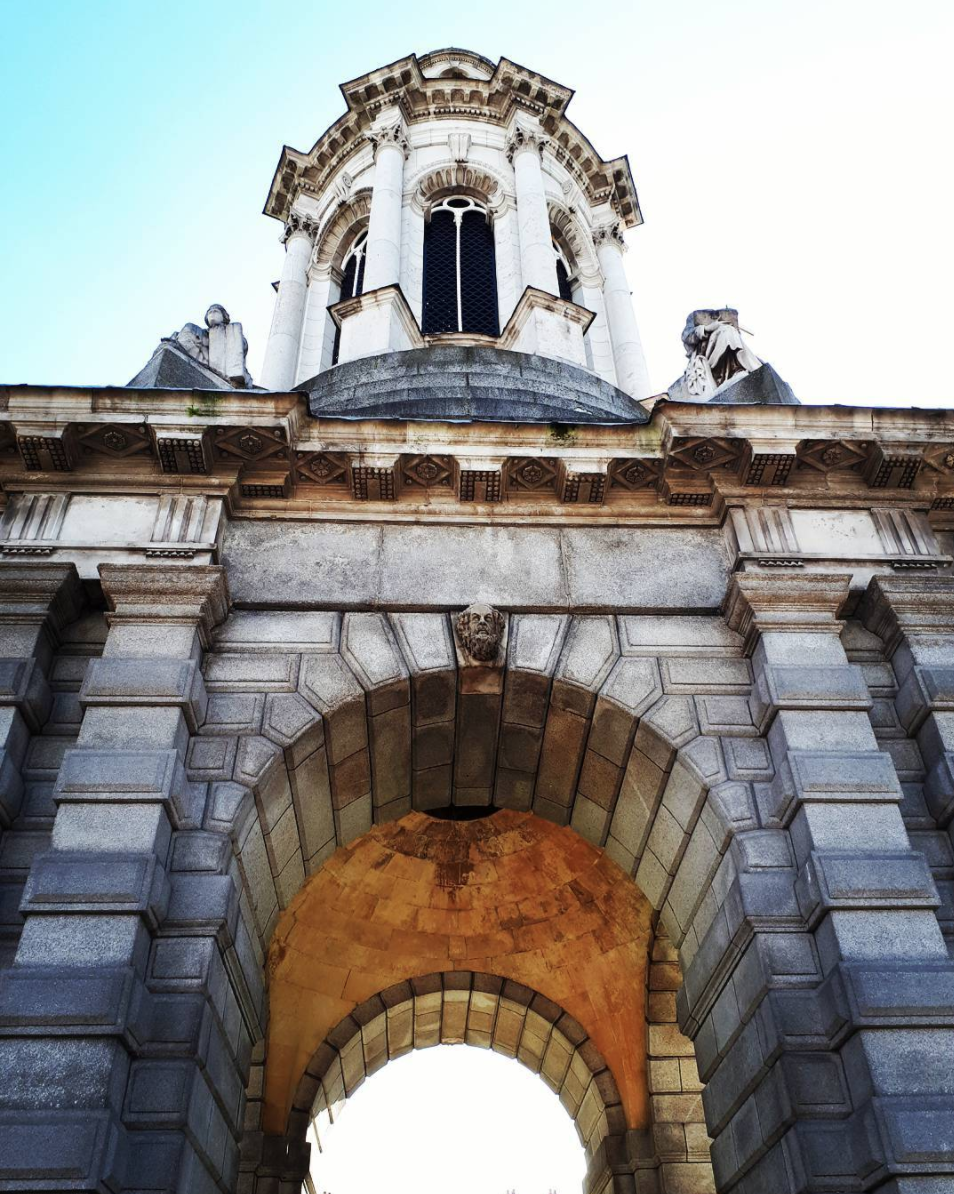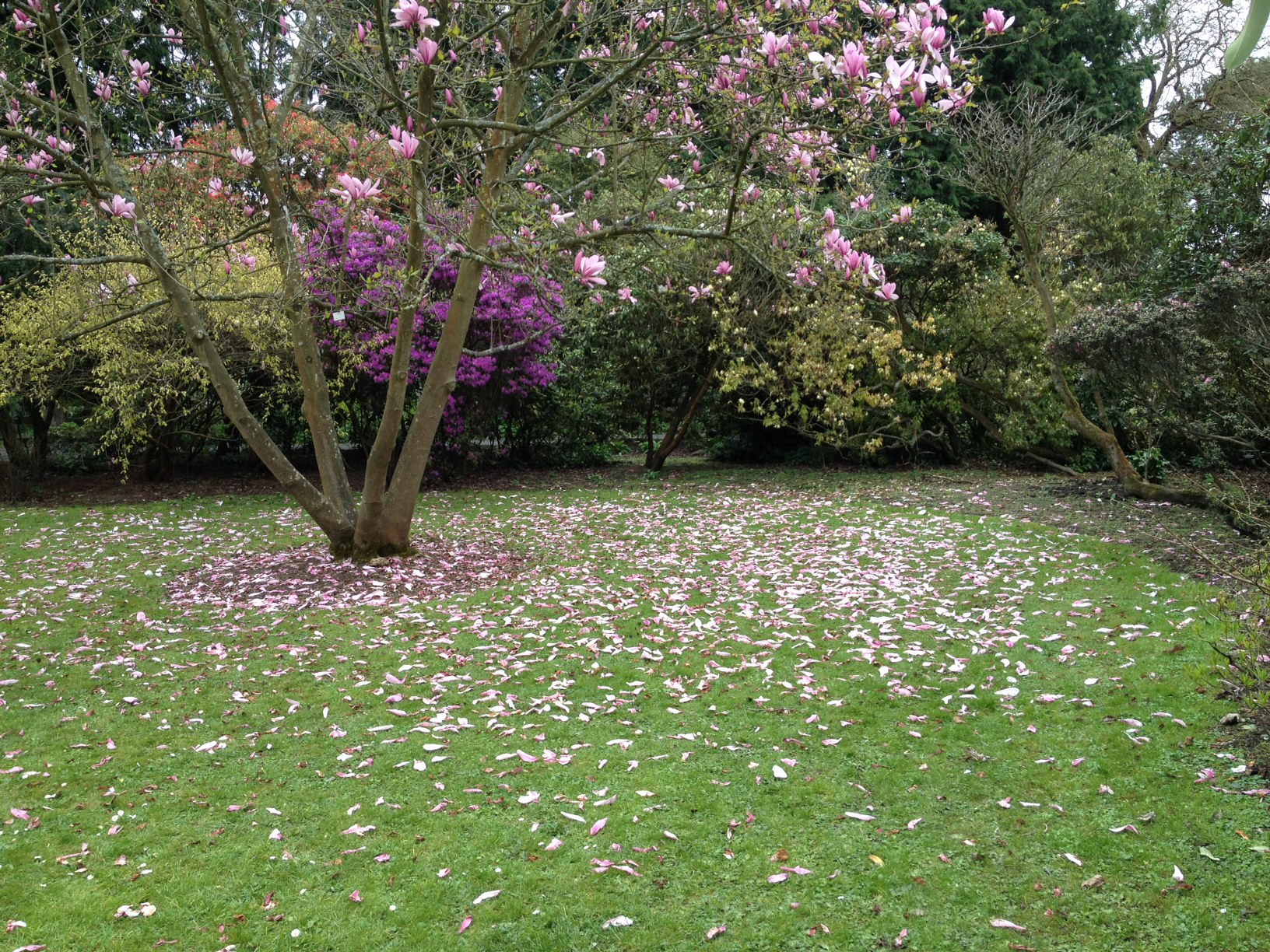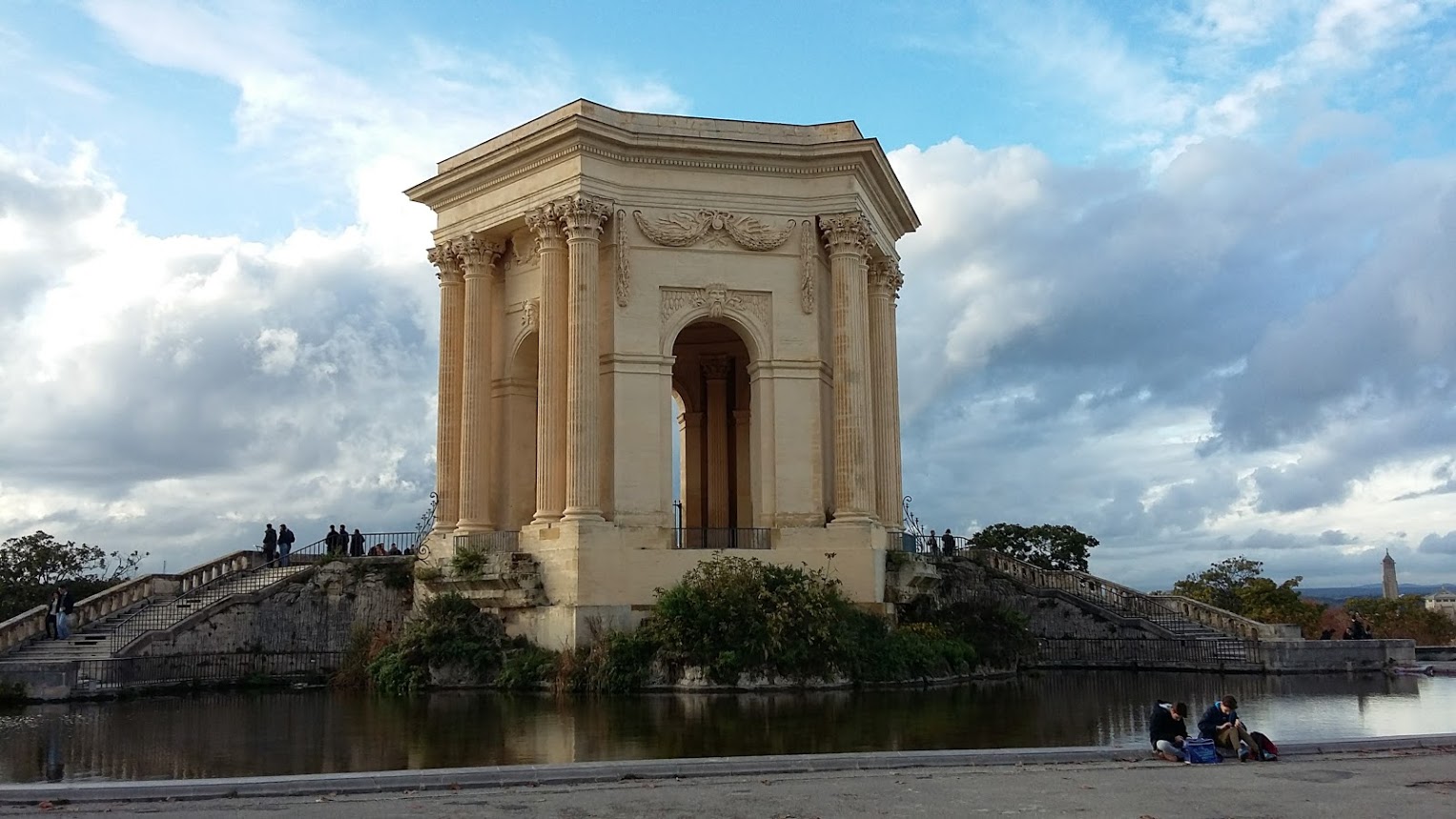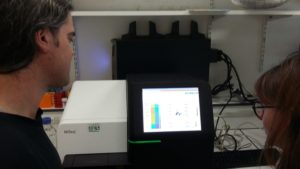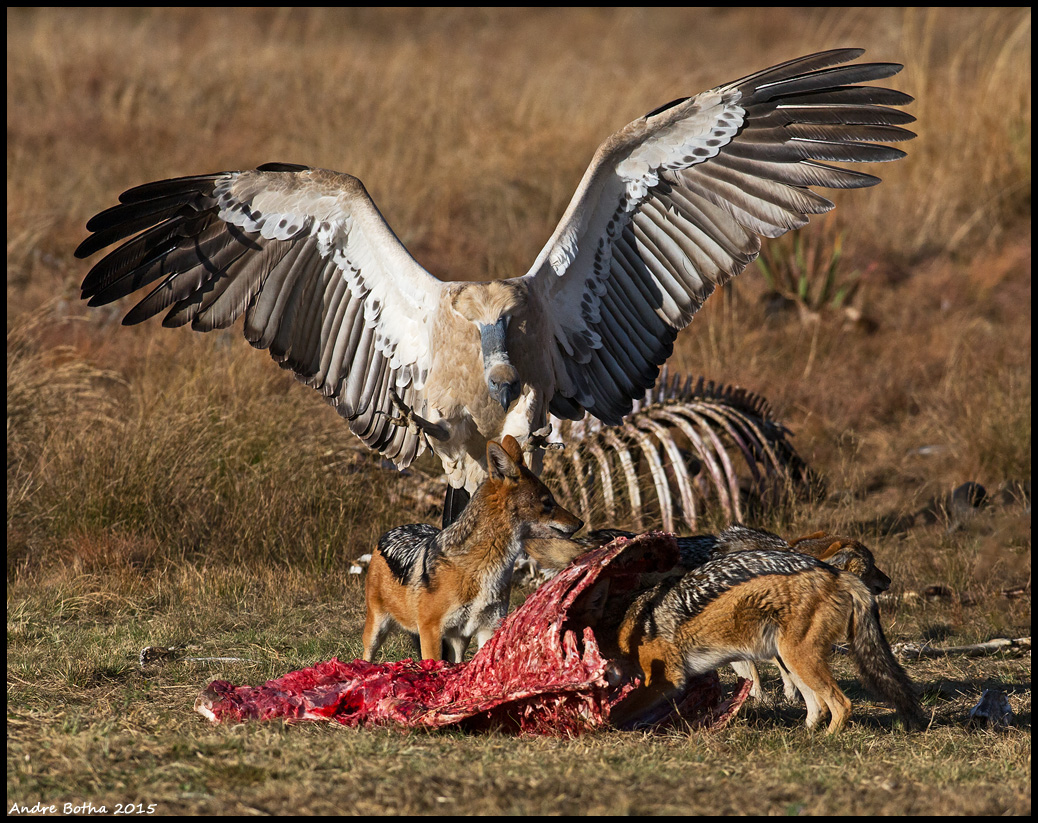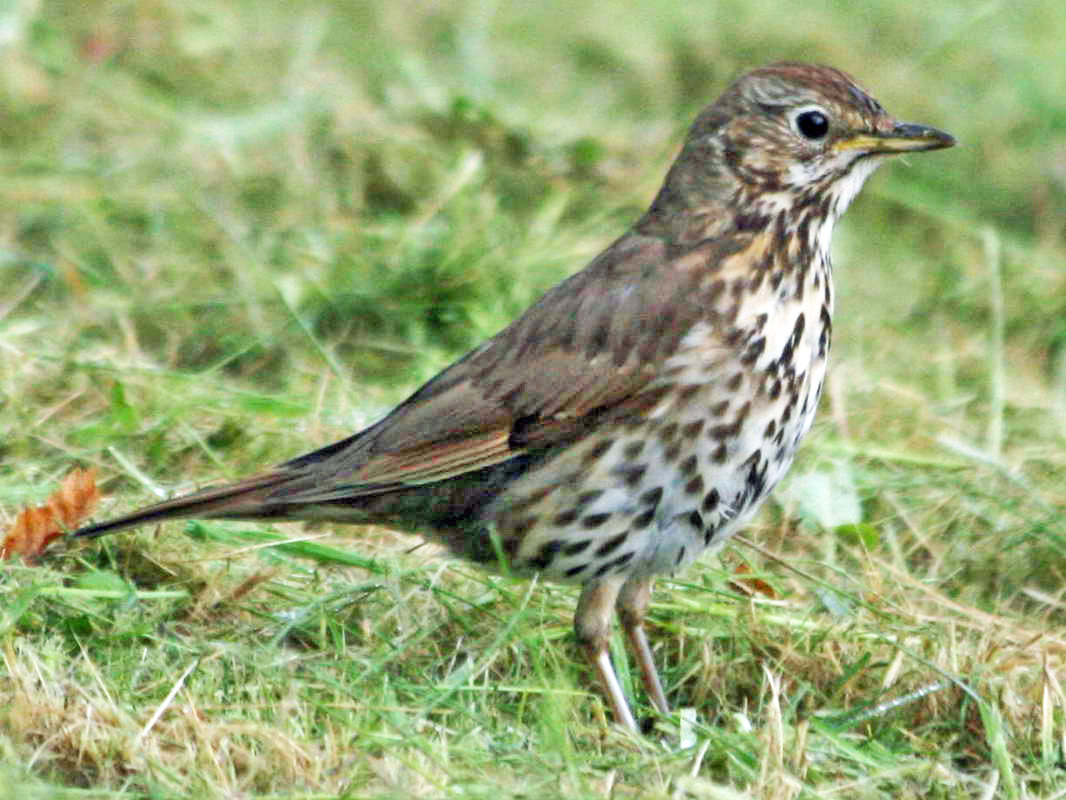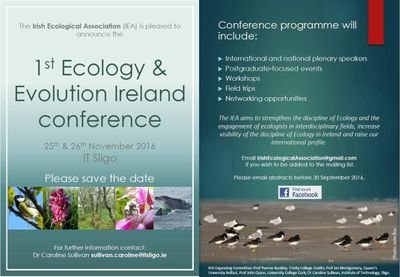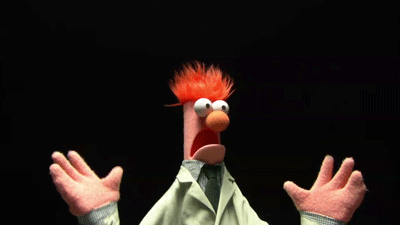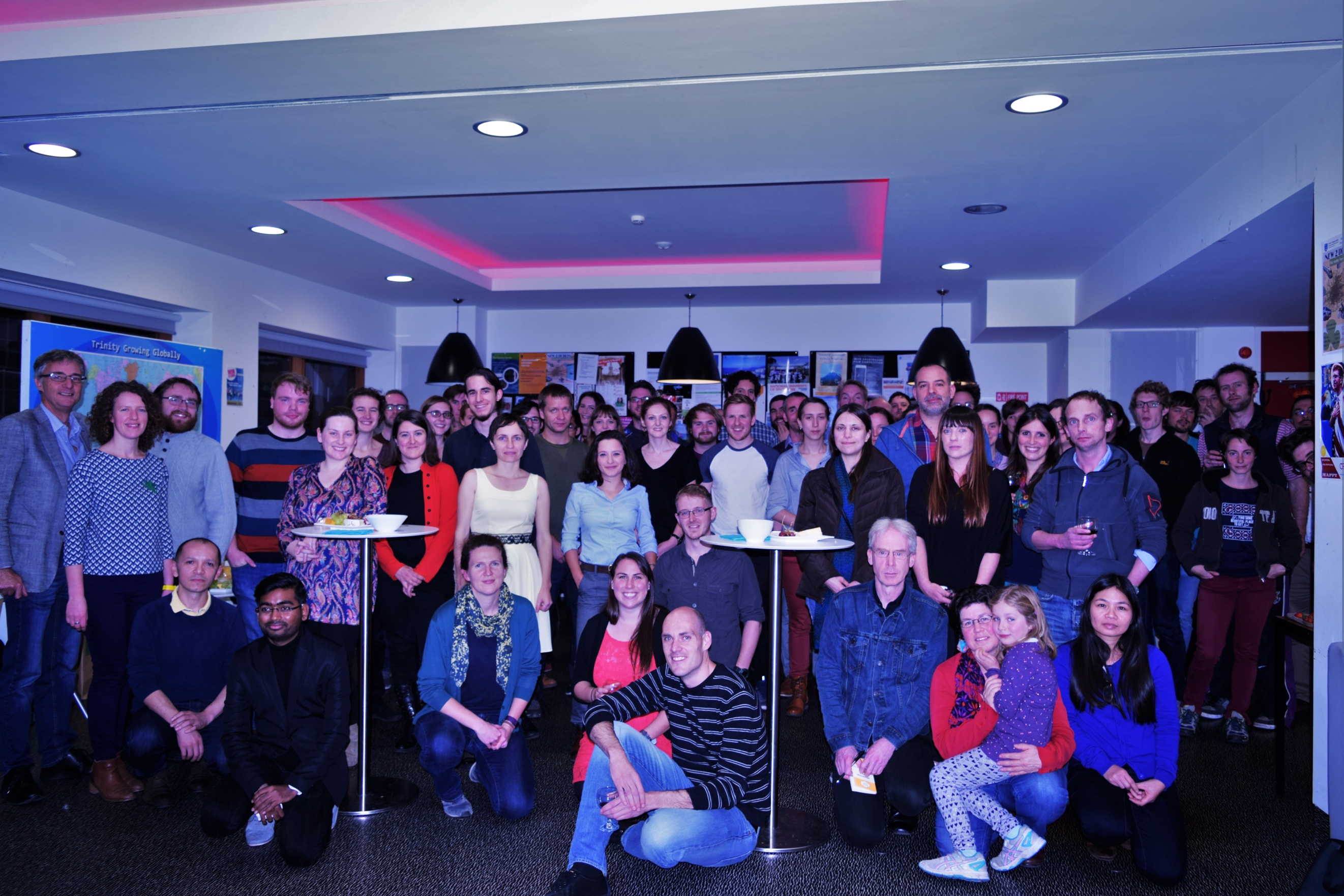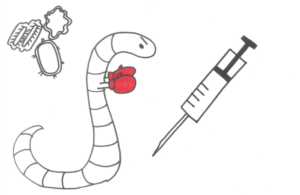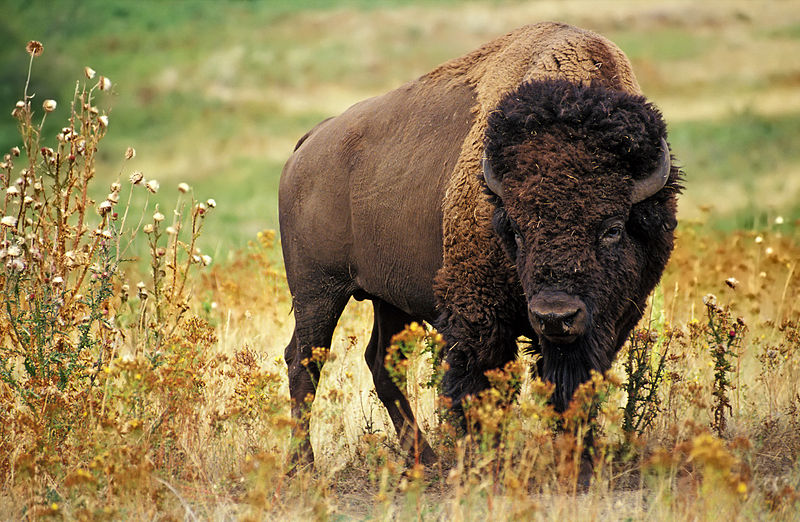EcoEvo@TCD is getting a new look – one focused around the work we do here in the School of Natural Sciences at Trinity College Dublin. To get a broad picture of what goes on here at Trinity, we’ve put together some photos that represent a range of research and teaching activities from across the school. Check out the full gallery below:
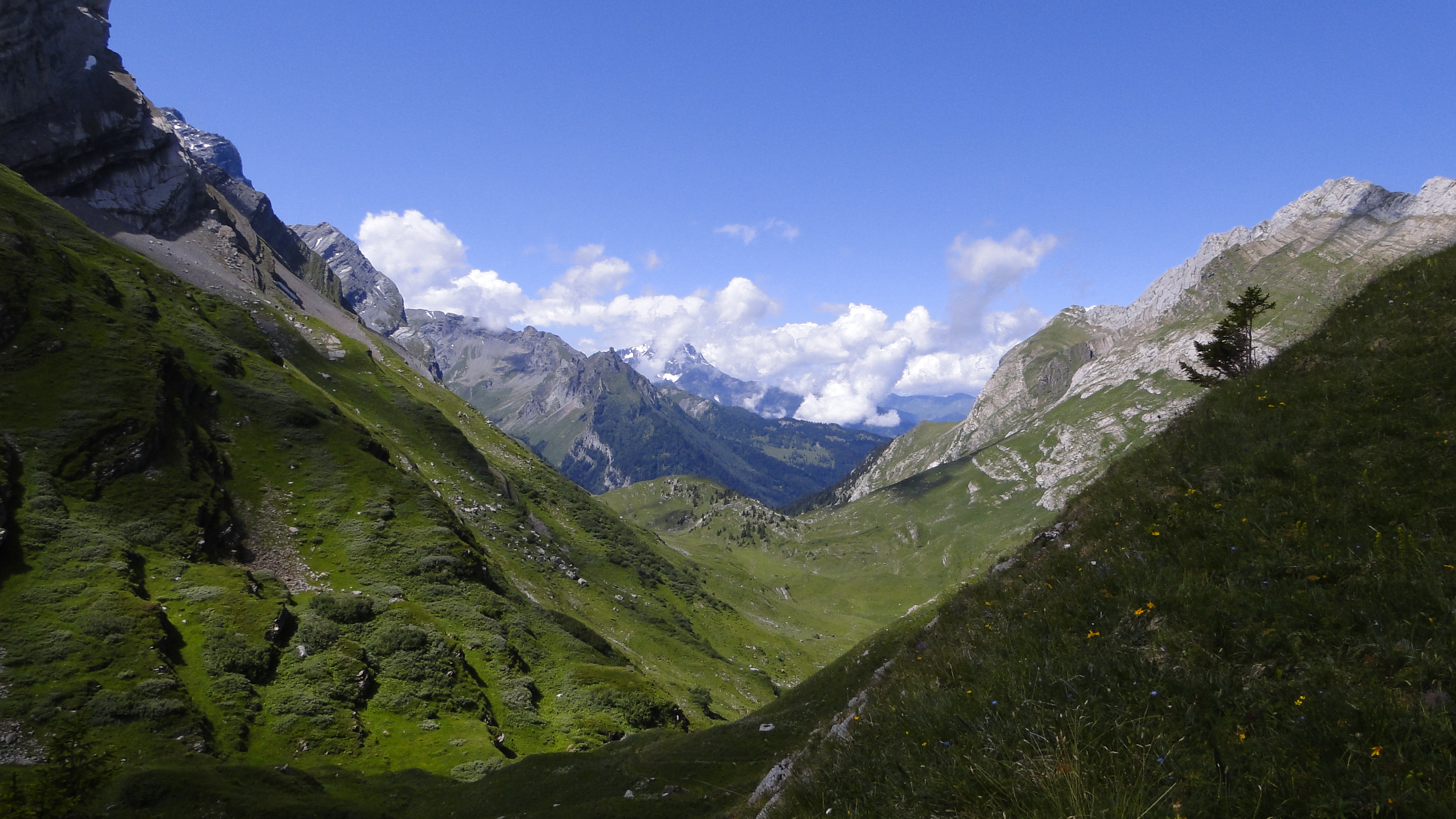
View from the Swiss Alps near the Swiss-French border around Lake Geneva. This photo looks out of the valley from the town of L’Etivaz, where we were staying during fieldwork in June 2017.
Alain Finn is a research assistant in Yvonne Buckley’s research group. Find out more about his work on Twitter | @finchyIrl

A bird is released on Kabaena Island, Southeast Sulawesi, Indonesia, after having its measurements taken as part of a biogeographical study of the region. Photo credit: Emma Shalvey.
Fionn Ó Marcaigh is a PhD student in Nicola Marples’ research group. Find out more about his work here.
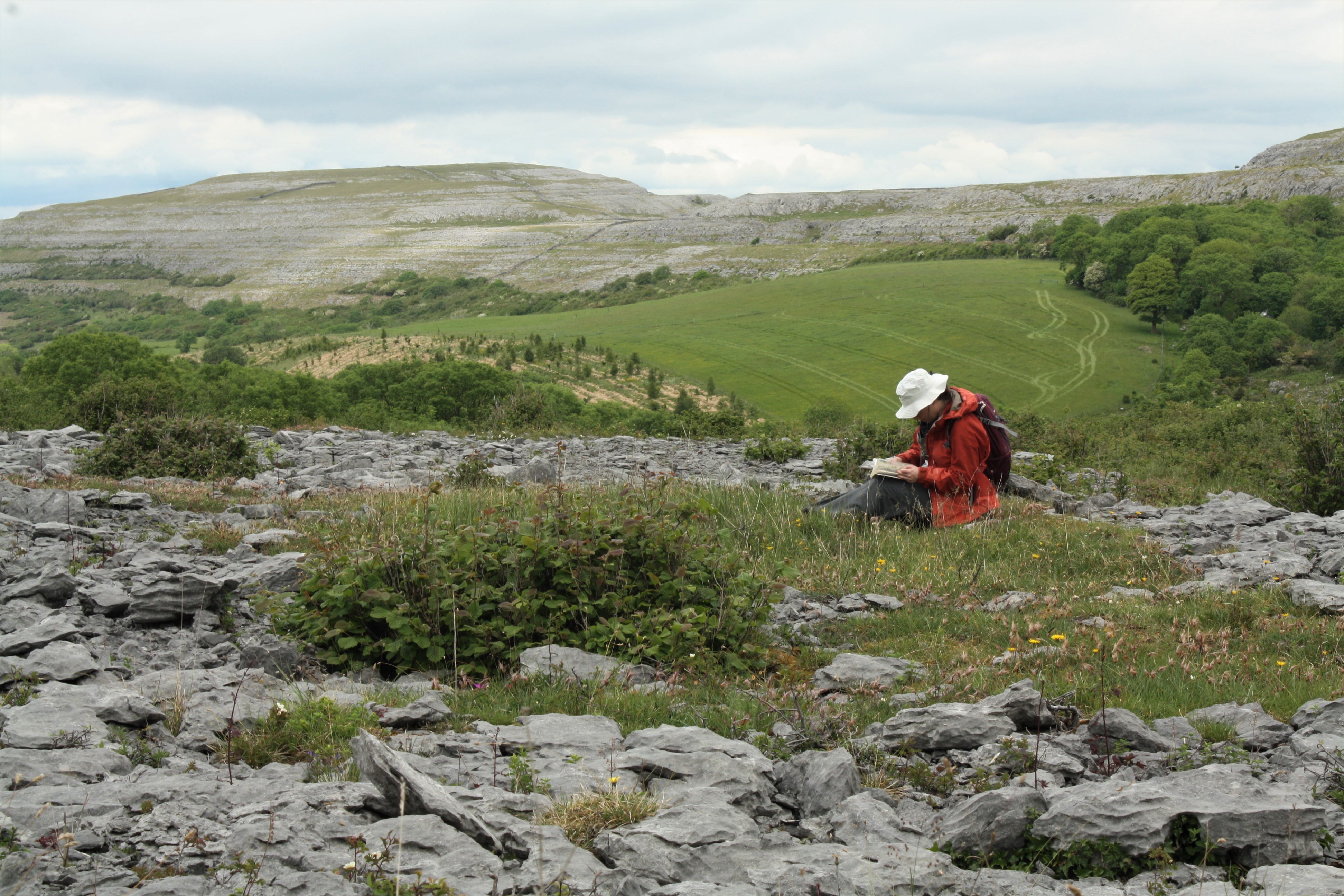
Prof. Yvonne Buckley botanizing in the Burren (alliteration intentional). Photo by Dr. Laura Russo.
Dr. Laura Russo is a postdoctoral research fellow in Jane Stout’s research group. Find out more about her work here. Twitter | @lrusso08 Continue reading “Inaugural EcoEvo@TCD photo competition”

